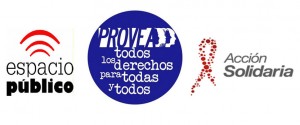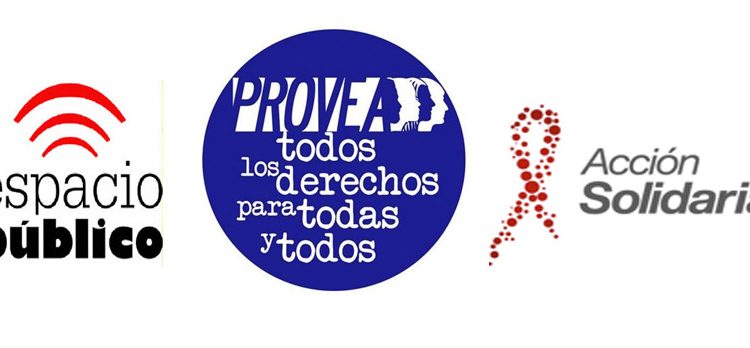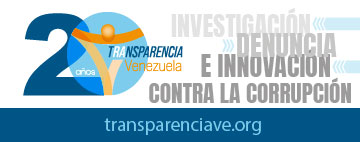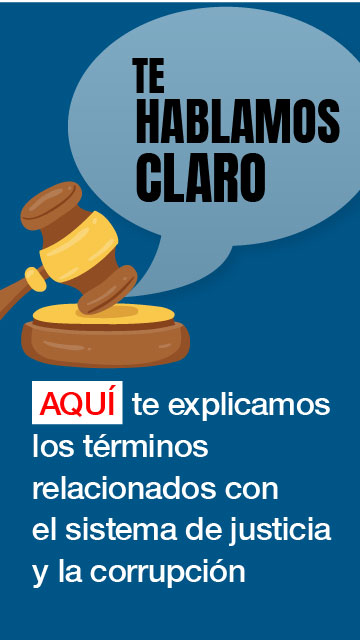 Because of the Supreme Court, opacity in Venezuela is an incurable illness. On March 19, 2012, three human rights organisations appeared before the Constitutional Chamber of the Supreme Court (TSJ) to demand the Court to instruct the Ministry of Health to report on irregularities in the import of medicines. In the end, the judges endorsed the silence of the institution and the sought remedy was worse than the disease.
Because of the Supreme Court, opacity in Venezuela is an incurable illness. On March 19, 2012, three human rights organisations appeared before the Constitutional Chamber of the Supreme Court (TSJ) to demand the Court to instruct the Ministry of Health to report on irregularities in the import of medicines. In the end, the judges endorsed the silence of the institution and the sought remedy was worse than the disease.
There was nothing extraordinary about the request. Espacio Público, Acción Solidaria and the Venezuelan Programme of Education-Action in Human Rights (PROVEA) just wanted to know whether the Ministry of Health had adopted the recommendations issued by the Comptroller General after the irregularities found in the process of import, distribution and storage of medicines purchased in Cuba.
Since the Ministry did not provide a timely response, the NGOs called for the intermediation of TSJ, which took more than two years – August 6, 2014, with the ruling presented by Francisco Carrasquero – to leave everything as it was. Instead of shedding light on the matter, the judges kept the case in the dark.
This makes for an apt in-depth assessment of Venezuelan justice. Why? By declaring inadmissible the case filed by Espacio Público, Acción Solidaria and Provea, the court ended up protecting Eugenia Sader from public scrutiny. Sader served as health minister when the Cuban drug scandal took place. However, after leaving office, Sader was indicted in June 2014 by the Prosecution Ministry for wilful embezzlement, budget overdraft and conspiracy.
No one knows about the case against Sader or what happened to the Cuban medicines. Rather than blind, Venezuelan justice is deaf and dumb in face of the requests for information. The patient keeps getting worse.
Extract of the Judgment
“The Court notes that the petitioner fails to establish how the requested information would be useful for citizen participation in favour of transparency of governance. In other words, the relevance of the information requested does not seem proportional for transparency of fiscal management, or the concrete actions for which the requested information would be used. Therefore, in the opinion of the Court, there is no legitimate reason to tolerate the invasion of this constitutional right to the privacy of the Comptroller General and the other officials in that Office.”








